Lecture Series:
|
|
"Cosmic Architecture IV:The Quantum Universe"Fundació Valenciana d'Estudis Avançats |
| Armando Pérez Cañellas | Quantum World | September 22, 2016 |
| Eugenio Roldán Serrano | Quantum Light | September 29, 2016 |
| Mari Carmen Bañuls Polo | Quantum Simulations | October 6, 2016 |
| Carlos Navarrete Benlloch | Quantum Technologies | October 20, 2016 |
| Gonzalo Olmo Alba | Quantum black holes | October 27, 2016 |
Novetat Arquitectura Còsmica IV
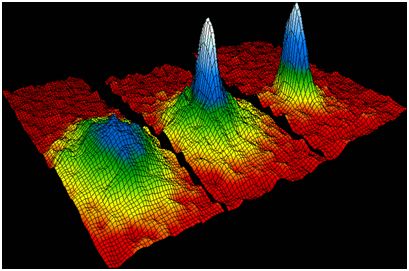 Lecturer: Dr. Armando Pérez Cañellas
Lecturer: Dr. Armando Pérez Cañellas
Title: Qantum World
Thursday September 22, 2016 (19h)
Abstract:
With over a 100 years of history, quantum mechanics is a successful theory as there have been no experimental variances in its predictions. There are countless technological developments it has promoted, from the transistor to the LED and including the control of semiconductor circuits or graphene’s future possibilities. Despite this success, the quantum world’s behaviour is far from our daily experience and its concepts remain unfamiliar. In this talk, we will make a sort of introduction to the ideas which will lead to the rise of quantum mechanics, and we will tackle its theoretical and practical consequences; in particular, on the future possibilities of quantic information and computation.
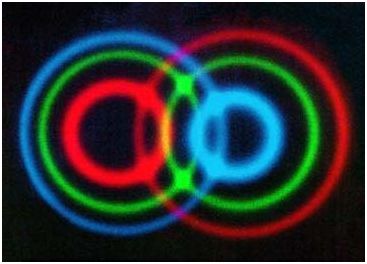 Lecturer: Dr. Eugenio Roldán Serrano
Lecturer: Dr. Eugenio Roldán Serrano
Title: Quantum Light
Thursday September 29, 2016 (19h)
Abstract:
As Samuel Johnson once said ‘We all know what light is, but it is not easy to tell what it is”. During the 19th Century, classical physics stated that light is no other but electromagnetic waves; however, at the beginning of the 20th Century, it became clear that this wave-based point of view was not enough. Quantum theory then solved the problems and left us with a strange image of what light is (sometimes waves, sometimes particles). This talk will explain what quantum theory understands as light’s nature and will analyse some paradoxical situations we are brought to as a consequence of vision.
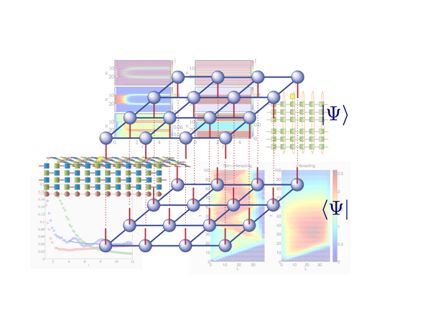 Lecturer: Dr. Mari Carmen Bañuls Polo
Lecturer: Dr. Mari Carmen Bañuls Polo
Title: Quantum simulations
Thursday October 6, 2016 (19h)
Abstract:
Simulation is a key tool for the study of many complex problems. It consists on imitating the behaviour of the system to be studied through other media aiming at predicting its behaviour.
Quantum system physics in many bodies raise many doubts on topics whose exact solution remains unknown or is impossible to calculate, but whose repercussion would embrace from the most fundamental theoretical level, to technological applications. From here arises the interest on developing techniques which allow the simulation of these systems. Such simulations can be classical, that is, done through common computers. One of the characteristics of quantum states is interweaving, and it is a fundamental ingredient to be taken into account for such simulations.
However, given the complexity of quantum systems, some of the problems we are concerned with could by stimulated by other quantum systems. This is the starting point in the field of quantum simulation, which has become a closer possibility thanks to current technologic developments which allow a precise manipulation of quantum systems at the laboratories.
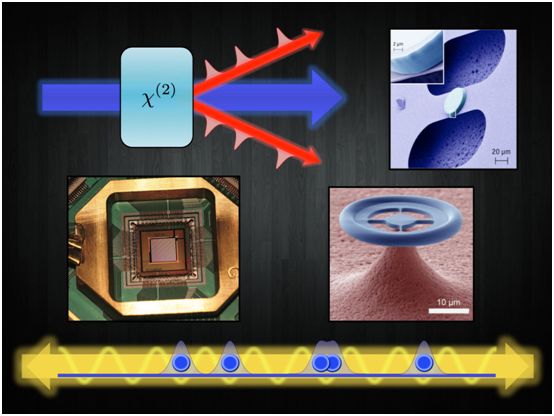 Lecturer: Dr. Carlos Navarrete Benlloch
Lecturer: Dr. Carlos Navarrete Benlloch
Title: Quantum technologies
Thursday October 20, 2016 (19h)
Abstract:
Along with Einstein’s general relativity, quantum mechanics is the scientific theory which best describes physical phenomena we can access nowadays. Despite the laws that form it are mathematically well defined and relatively simple, they completely crash with the intuition we have of the world; so much that we do not have come to an unanimous agreement yet on its exact physical meaning. Even though there are scientists trying to determine the “correct” interpretation of quantum laws, since decades ago the great part has chosen to assume them as a dogma and to try and create with them useful technologic applications.
In this conference we learn about these applications that would have never been possible without the knowledge in quantum mechanics we have today. On the one hand, we speak about the technologies that surround us making our lives easier: lasers, LEDs, electronic components, magnetic resonances, etc. On the other hand, we also go inside the applications that are coming thanks to the quantum processing of information, such as quantum computers or quantum communication. We also familiarise with new technologies that have arisen in the last years and that allow us for creating small prototypes where testing such applications. We see how some of these new technologies almost touch science fiction, to the point of having been classified as “impossible” decades ago by the fathers of quantum physics themselves.
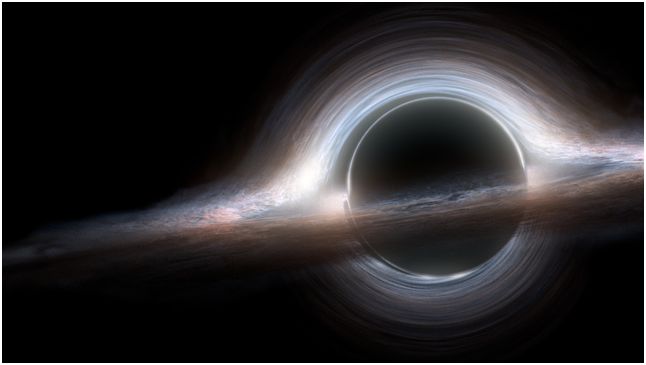 Lecturer: Dr. Gonzalo Olmo Alba
Lecturer: Dr. Gonzalo Olmo Alba
Title: Quantum black holes
Thursday October 27, 2016 (19h)
Abstract:
Black holes are a prediction of the theory of general relativity whose existence has been recently verified through the direct observation of gravitational waves. Their existence explains many astrophysical phenomena but also raises important questions. Stephen Hawking found that these objects can evaporate due to quantum effects, but the evaporation process seems to be in conflict with the foundations of quantum theory. The main objective of this talk is discussing the physical processes involved in the training and evaporation of black holes and presenting some of the last advances in this field of theoretical physics.







